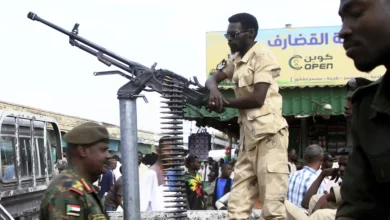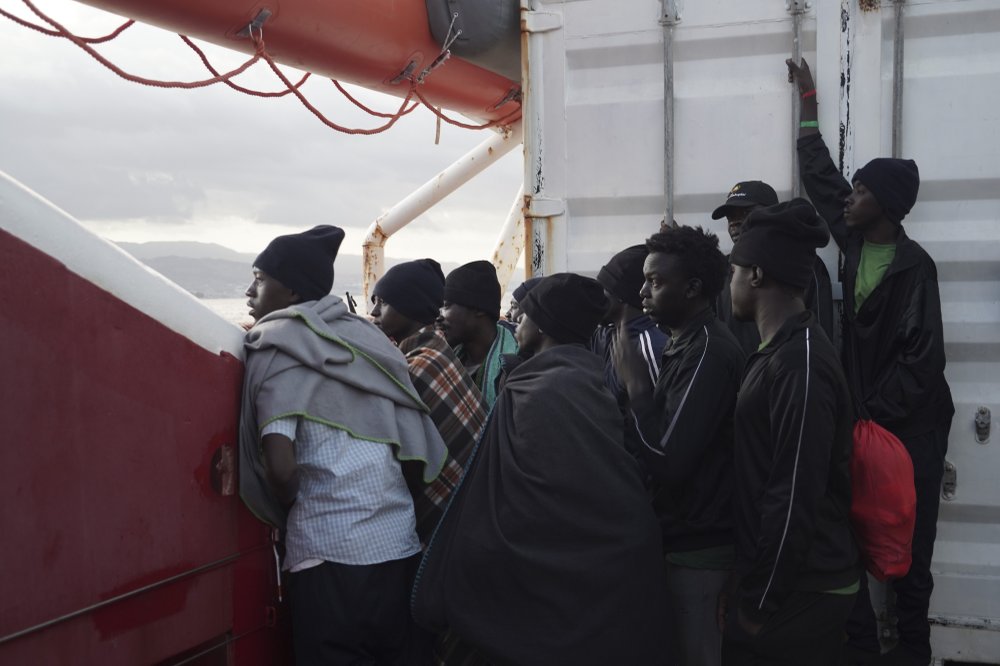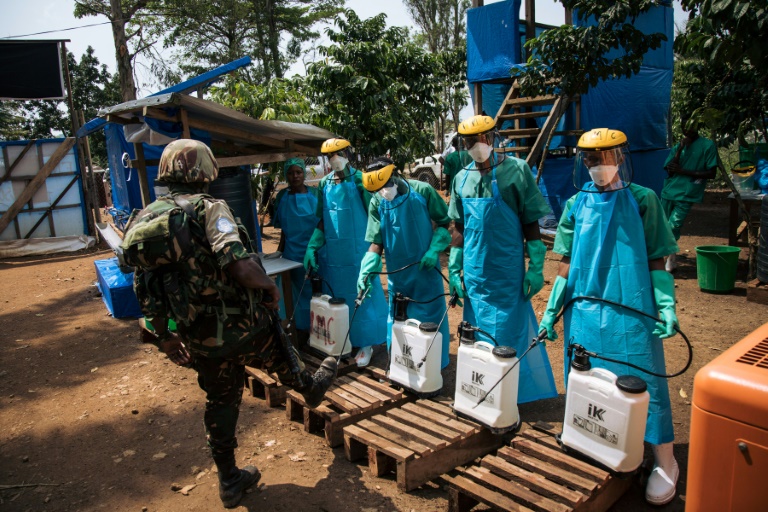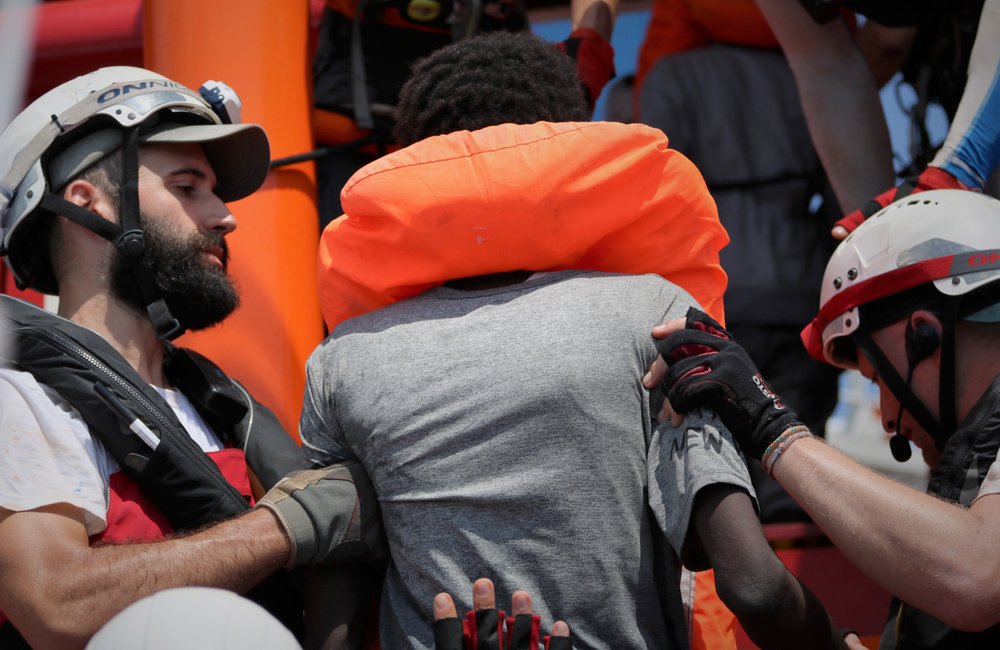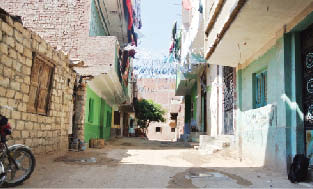
With low expenditures on public health services and ineffective national health insurance, the poor are trapped between two equally bitter choices: to endure long waiting times at state-owned hospitals and poor health services, or turn to out-of-pocket payments for qualified private service providers.
In the context of the major shortcomings of public health provision, a new healthcare clinic has opened its doors to underprivileged women and children in Abu Elian, a rural settlement in Marg district, between Qalyubiya Governorate and New Cairo. The international medical organization Doctors Without Borders runs the clinic.
“In some areas, public services are not able to keep up with the rapid expansion of the city,” says Julien Raickman, the organization’s country director in Egypt. “Our objective is to cover the current gaps in healthcare and increase the proximity of health services for women and children.”
Large concentrations of poor populations are mainly located in Egypt’s rural areas, where residents suffer from a lack of medical assistance and a low level of hygiene awareness. Abu Elian has no health facilities or pharmacies, and faces an acute shortage of basic services, with sporadic water availability, an erratic electricity supply and absence of transportation.
“Before the clinic’s establishment, residents of Abu Elian had to spend more than an hour to get to the closest health facility,” says Xavier Donceel, Doctors Without Borders project coordinator in Egypt, adding that the financial burden of transport and treatment also prevents many from seeing a doctor, even in emergency cases.
Since its inception in mid-August, the first standalone clinic in Abu Elian has drawn in a reasonably large number of patients, with a total of 3,853 medical and professional consultations, 2,861 of them for children.
“Most of the children we’ve treated had infections of upper and lower respiratory tracts, intestinal parasites, skin diseases and diarrhea,” says Dr. Ebtisam Amin Saleh, a member of the organization.
Besides the state’s inadequate healthcare services, Donceel attributes 30 percent of the child morbidity rate in Abu Elian to deteriorating “environmental conditions including negligent waste management, poor sanitation and water decontamination.” Morbidity rates are used as a measure of health in a given population.
Doctors Without Borders is an independent medical humanitarian organization that provides emergency aid to people affected by armed conflicts, epidemics, natural or manmade disasters, and exclusion from healthcare. Working in 66 countries around the globe, the organization has been in Egypt since 2010.
During the 25 January revolution and the clashes that followed, the organization supplied medical and surgical materials to hospitals.
As part of its efforts to boost general hygiene standards in Abu Elian, the medical group puts a special emphasis on safe motherhood and delivery through a local awareness campaign on the necessity of regular checkups during the prenatal and postpartum stages.
“We have put together a specialized team of what we call Community Health Walkers, who visit households to address lack of knowledge over maternal healthcare and to encourage hospital delivery,” Donceel says.
In rural areas, many women choose to give birth in their own homes instead of hospitals, but reasons vary. Some prefer traditional birth attendants, who are often regarded as authoritative in poorly educated areas, while others find visiting a male doctor socially and religiously unacceptable.
The high cost of hospital delivery, Donceel points out, is another reason women resort to home delivery, despite the growing maternal and infant mortalities during home births performed by non-professional attendants.
To combat this, the clinic offers a 24-hour emergency referral system for deliveries which relieves the financial burden.
“Women who are expecting can be referred to a trusted hospital in Salam City, located approximately 20 minutes from Abu Elian, without paying any expenses for the whole delivery process, whether transport or medication,” Donceel says.
This piece was originally published in Egypt Independent’s weekly print edition.

